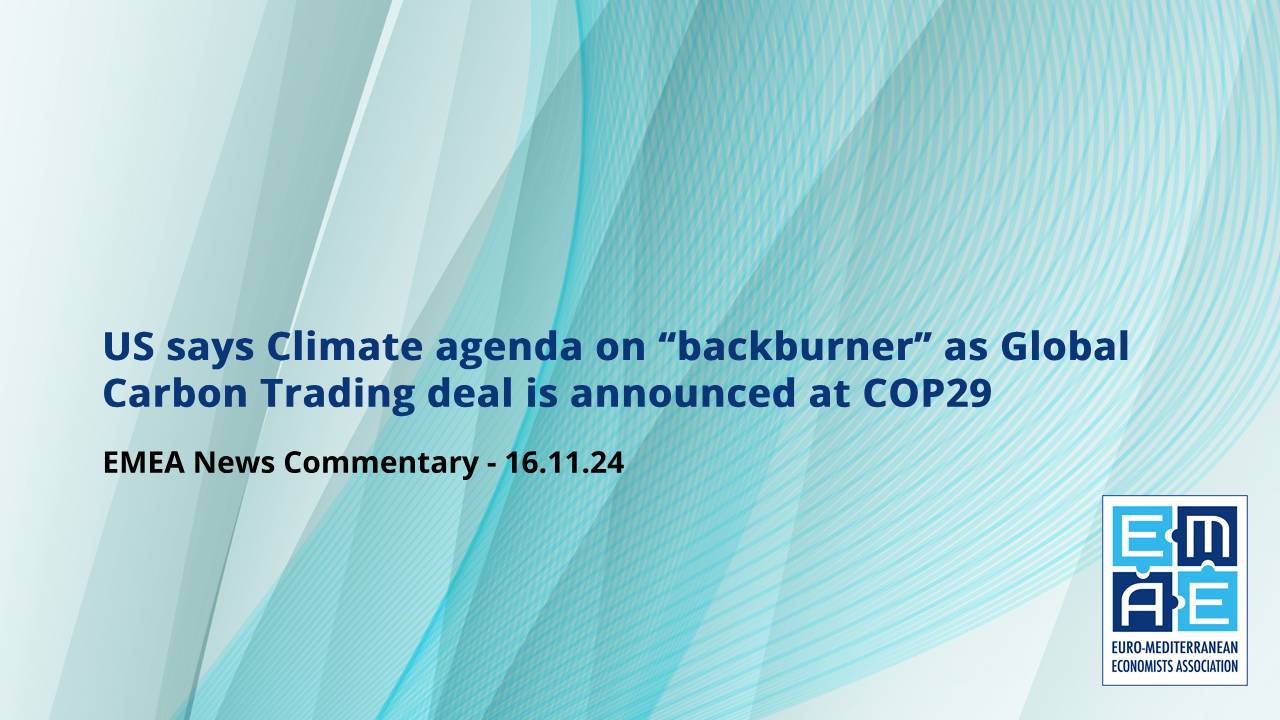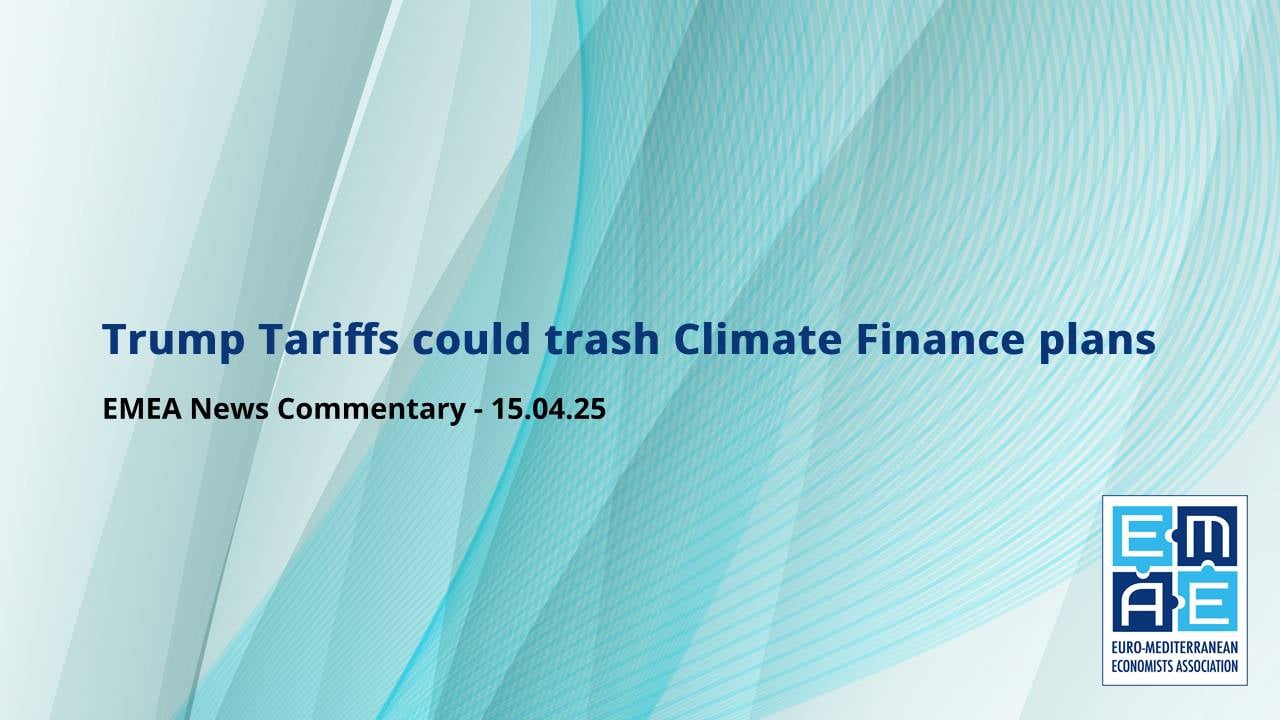The COP29 Summit has announced a breakthrough multi-billion-dollar carbon markets deal – despite the United States turning decidedly lukewarm on its climate policy in the wake of the Donald Trump election win.
As reported by the Financial Times, the Azerbaijani COP29 Presidency secured the agreement in the early stages of the Summit. Under a UN remit, it will enable countries to adopt rules on a global market for trading instruments representing carbon emissions.
Countries at the Summit were said to be determined to forge ahead with their commitments to fighting climate change – even though current US President Joe Biden’s envoy in Baku revealed that action on global warming climate “may be put on the back burner” with climate-sceptic Trump soon to be back in the White House.
Described as COP29’s “first symbolic negotiating breakthrough”, carbon trading could unlock a proportion of the money developing countries require for climate change adaptation.
The deal will be subject to UN oversight of the emissions reductions covered by the carbon credits, with each representing one tonne of carbon dioxide removed or saved from the atmosphere. Further discussions will follow around the rules governing country-to-country bilateral emission reduction trading arrangements.
It is anticipated that carbon trading will help raise some of the cash that developing countries need to adapt to the effects of climate change.
Amidst other tough negotiations around finance, news of the global carbon market deal was described by Fitri Wulandri, an analyst at carbon data provider Veyt, as a “rare bright spot of co-operation and progress.”
However, not everyone was impressed by the decision, amidst fears it had been fast-tracked and not undergone sufficient scrutiny. Carbon Market Watch’s Isa Mulder called it a “backdoor deal”.
No complete reversal on climate policy
John Podesta, the current US administration’s top climate adviser at the Summit admitted that Trump would scale back on American climate change commitments. But this would be likely to “slow, not stop” any moves away from fossil fuel usage.
He said Trump should be believed about turning away from tackling climate change – something which he had described as a “hoax”- and removing the US from the Paris Agreement. But Podesta struck a more optimistic note when he said that green energy subsidies, valued at nearly $370bn, would be likely to prevail.
“Are we facing new headwinds? Absolutely. But we won’t revert back to the energy system of the 1950s. No way,” said Podesta.
“Many Republicans, especially governors, know all this activity is a good thing for their districts, states and for their economies,” he added.
Trump’s election campaign had “signalled support for unrestrained oil and gas expansion” with the mantra “drill, baby, drill” to the fore. The US Environmental Protection Agency had been singled out as “an immediate target,” the FT wrote.
As the world’s largest polluter, leaving the Paris Agreement would mean the US jettisoning its emissions reduction targets, at a time where scientists have been warning that the world is on course for “catastrophic” warming, in excess of 3C above pre-industrial times.
Also, any US financial support for developing countries would be unlikely to increase. This was seen as a major concern for COP29 negotiators, as they argued over who should pay towards climate change costs, the FT reported.
Nevertheless, not everyone held the view that the Trump administration would throw climate talks into disarray. Tina Stege, climate envoy for the sea rise- threatened Marshall Islands, said: “The Paris Agreement has survived one Trump Presidency and it will survive another,” she said, noting that the failure of world leaders to attend the Summit signalled “a troubling lack of prioritisation.”
EU President Ursula von der Leyen and French President Emmanuel Macron were amongst notable absentees.
The FT noted that if Trump did quit the Paris Agreement, US companies could still buy and sell carbon credits under the UN system enabling them “to meet their climate targets and contribute to climate finance goals.”
Global carbon trading deal agreed even as US warns climate fight may be on ‘back burner’





